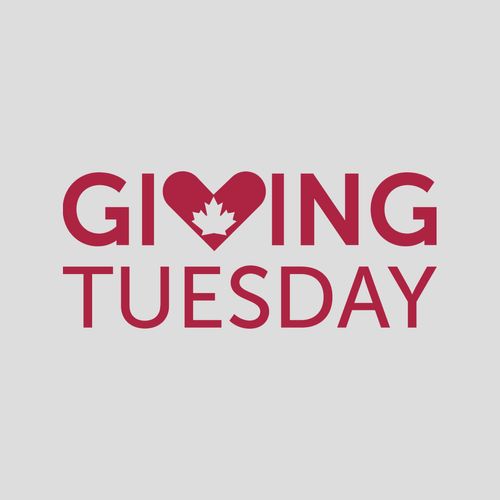June 22, 2023
SVP Vancouver

Introducing to SVP: BC Society of Transition Houses
Discovery Team members: Monika Garg, Cathy Brown, Nicole Geyer, Helen Stortini, Sohee Kim.
About BCSTH
The BC Society of Transition Houses (BCSTH) is a member-based, provincial umbrella non-profit organization that, through leadership, support and collaboration, enhances the continuum of services and strategies. Through training, resource development, advocacy, and research, BCSTH serves and supports anti-violence workers providing essential support services and programs for women, children, and youth experiencing violence. Their goal is to support their members and amplify their voices and work collaboratively to end violence for all women, children, and youth.
About the BCSTH Bursary Fund (BBF)
To address the already existing financial barriers that women with experiences of violence face, BCSTH launched the Bursary Fund in the spring of 2019. The BCSTH Bursary Fund (BBF) assists women to strengthen their economic capacity and security following experiences of violence by providing financial assistance to meet their educational and employment needs.
Often, what women need most is something very basic, like childcare so they can attend class, transportation to and from work or school, or a bit of cash in hand to start their own small business. By providing women with a bursary, the fund supports women to establish themselves with employment and educational opportunities without the expectation or requirement of repayment. The BBF is available for women in B.C. who have experienced violence and have accessed services from a Transition, Second, or Third Stage House, Safe Home, or PEACE program that is a member of BCSTH.
The Public Health Agency of Canada recognizes that “Poverty and violence play a kind of toxic dance in women’s lives. Poverty marginalizes women, increasing their risk of victimization, while violence also isolates women, as the mental and physical effects grind away at women’s sense of well-being, limiting what is possible. The combined effects of poverty and violence create a formidable barrier to women’s equality, well-being and full participation in society. Both reflect unequal relationships of power which result in the systemic discrimination of women.”
Employment and economic security are key supports for women leaving a violent relationship and living free from violence and not returning to abuse. Approximately half of lone-parent families in B.C. live in poverty, with 85% of these families being female-led. Numerous studies have shown that women with domestic violence experiences have more disrupted work histories, minimized opportunities to access education and skills programs, lower personal incomes, had to change jobs more often, and are employed at higher levels in casual and part-time work than women without these experiences. Intimate partner violence is one of the main causes of homelessness for families, and women and children in B.C. and across Canada.

BBF’s Goal
The goal of the BBF is to increase B.C. women’s capacity to support themselves and their dependents financially and to lead safe, meaningful, productive lives. By providing funds for educational and employment purposes, with no obligation of repayment, we support women to achieve economic security providing brighter outcomes and safe futures for their families. The BBF provides women the autonomy to use the funds to meet their goals and this dignity driven practice is central to the women-centred supports that our member programs provide 24/7.
Since 2019, BCSTH facilitated 7 BBF application rounds and distributed $330,685 to 120 women and their 170 children. 75 percent of women served in the BBF have children.
Their goal is to ensure that all women in British Columbia experiencing violence and working with the BCSTH membership will have access to bursary funds to assist them and their children in achieving financial independence preventing them from returning to abusive relationships due to financial dependency on the abuser.
They aim to implement a year-round ongoing application process, ensuring that women and children can access the bursary when they need it. By combining financial assistance for employment and education along with wraparound support, shelter and housing provided by our member programs, they can empower women to live safe, meaningful, and productive lives.
BCSTH also plans to engage with policy makers and address the systemic issues that contribute to violence against women and financial dependence and illustrate how an effective bursary program can inspire self-sufficiency and restore dignity to women and their families. Advocacy for conditions that support women escaping violence would include the provision of adequate specialized welfare support, access to affordable, long term, safe housing, access to childcare, and access to education and employment that pays a living wage. Their collective aim is to bring about positive changes in policies that can help prevent and address violence against women and promote financial independence for women and their families.
Capacity-building support:
- Fund development
- Strategic planning
- Communications
- Social impact evaluation
- IT
*All images sourced from the BCSTH website.



